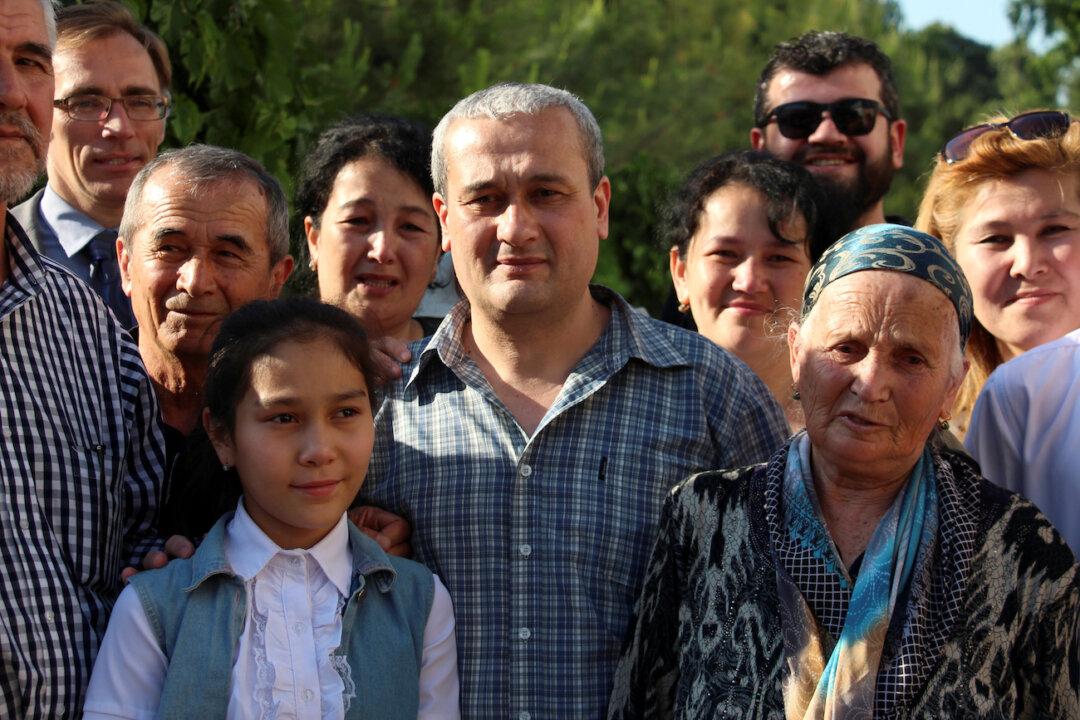TASHKENT—The U.S. ambassador to Uzbekistan has urged the Central Asian nation and its neighbour Kyrgyzstan to set free an Uzbek journalist detained on suspicion of anonymously criticizing the government on social media.
Western governments have rarely criticized Uzbekistan since President Shavkat Mirziyoyev came to power in late 2016, praising him for opening up the previously isolated nation of 34 million and releasing some prominent dissidents from prison.





